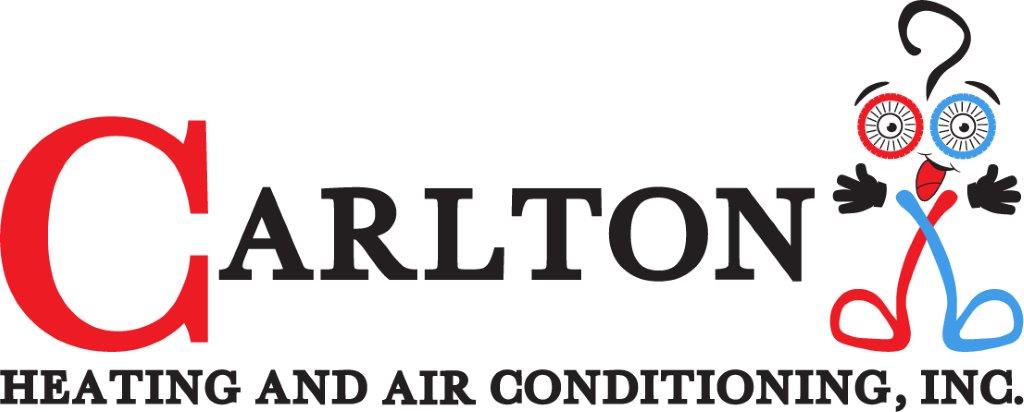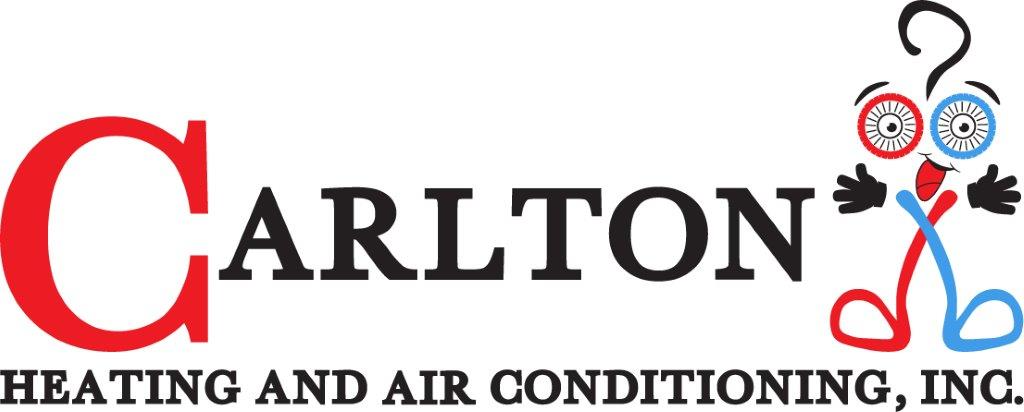
Replacing your air filters regularly is an important step to keeping your HVAC system operating properly. A dirty air filter can cause an air restriction that will not allow enough air to flow through the system, causing overheating, frozen coils, failed compressors, and cracked heat exchangers, amongst other issues. Conversely, not using a filter will cause your system to get clogged with debris prematurely. Leading to failed blower motors, clogged-up coils, drainage issues, and cause a potential fire hazard. In spite of the fact that this is a crucial component of your heating and cooling system, it is easy to overlook it. Developing a regular filter-changing regiment and sticking to it, is an integral part of home ownership.
Now that we know the importance of regular filter changes; the question arises “How often should we be changing them?”. Unfortunately, the answer to the “how often” question; changes drastically with each situation. Homes that are down a dirt road, have a gravel driveway or have a construction site nearby may need to change their filters more often. Homes with pets, small children, or a large number of occupants; will also need to change their filters more frequently. It is safe to say that each home is unique and there is no universal answer to exactly how long your air filters will last.
We recommend examining your air filter once a month. Use your own judgment, if it looks dirty, change it! If there is a drastic change in color or visible build-change it! The more your system runs, the more often you will need to change it.
Here are some tips for getting the most life out of your air filters:
• Keeping a tidy home, use a vacuum with a quality filter and keep that vacuum filter clean.
• Leave your “fan” setting on your thermostat set to auto.
• Keep dirty items out of the home, such as yard work clothing for example.
• Keep your windows closed if construction is nearby or there is an excessive amount of airborne debris like pollen for example.
Note: your HVAC system does not create dust; it collects dust. If you see dust buildup near your supply or return air registers: it is coming from the home and not the HVAC system.
Often, we in the HVAC industry get asked “What filter should we use?”. I believe this question is best answered by educating you on what filter we should not be using and what exactly the air filter’s purpose is.
First, the main purpose of the HVAC filter is simple; to prevent the system from becoming clogged with dust and other contaminants, not necessarily to purify your air. A quality vacuum with a good HEPA filtration system and tidy housekeeping practices is a much better dust and allergen tool than your HVAC system. Filter manufacturers are very clever in their advertising; promising that their filters will last X amount of time and can remove X-sized particles.
This is clever because they are failing to admit the negative impacts on your system. Filters that can remove finer and finer particles become more and more restrictive to airflow; causing the very same issues they are designed to prevent. HVAC filters are rated in what is called MERV. MERV stands for “minimum efficiency reporting value” the higher the value; the finer the particle it can remove. We recommend utilizing lower-cost, lower MERV value filters, and changing them more frequently.
Note: Do not all fall for clever marketing tactics, no filter can make up for regular maintenance and cleaning. If you have special issues related to dust, pollen, or other airborne particles; consider adding a separate dedicated HEPA filtration system or ask your Carlton HVAC technician about other indoor air quality products.
Your heating and cooling system will inevitably become inundated with foreign debris. This will collect on the blower wheel, a heat exchanger (if applicable), and most commonly the evaporator coil. Excess buildup on the blower wheel will cause a drop in air flow as well as add extra weight to the wheel itself, leading to premature failure. A dirty heat exchanger can cause an unpleasant odor and in extreme cases; cause a risk of fire. Most commonly we encounter dirty evaporator coils. This obstruction will not allow for proper airflow through the coil, leading to frozen or overheating systems. Lastly, there is the cost associated with cleaning and correcting these issues, potentially costing more than $1000. Rest assured; your Carlton Maintenance Agreement covers cleaning most of these components with few exceptions.

